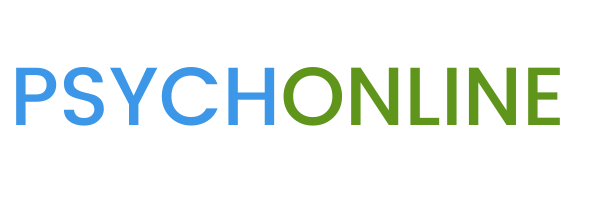Webinar: Reversing Cognitive Decline
(Session 2) with Dr. David Larson
Sign up for PSYCHONLINE to manage everything you need in one place. Try it free for 30 days!
Easy online scheduling
Seamless Billing
Insurance Integrations
Client Portal
Documentation & Templates
(Optional) E-Prescribe
In this particular webinar David shared light on the topic – “Reversing Cognitive Decline” wherein he discussed how to maintain a healthy brain and escape the epidemic of Alzheimer’s.
He explains why traditional medical approaches aren’t very helpful. He says that American medical model relies on drugs but drugs don’t usually provide the bio-chemistry cells required for treatment. FDA also prohibits the usage of these treatments. Despite of that traditional medical practitioners ignore the value of alternative healing methodologies. This doesn’t help much in healing the underlying disease completely.
There are certain lifestyle changes which can be done to improve health. Beginning with healthy diet, physical activity and mental activity together can help in reversing cognitive issues. All these reverse cognitive activities improves memory by 35%, enhances execution function by 83% and processing by 150%.
David suggests five healthy lifestyle practices as under:
Healthy diet
No smoking
Light to moderate alcohol
Cognitive stimulating activities
150 min of moderate to vigorous physical activity
All these activities lower the risk of Alzheimer’s by 60%. These suggested lifestyle activities have been tried and tested earlier and the results have been substantial. It was tried by one German arm on 23,153 Germans aged 35 to 65 years and it helped reduce diabetes by 93%, Heart attacks by 81%, stroke by 50%, cancer by 36% and all chronic diseases reduced by 78%.
In many other cases patients who had chronic issues with 9 out of 10 symptoms also returned to work in 1-2 years with healthy lifestyle changes. Now this cognitive reversal activiy has been deployed in more than 60 clinics around US, UK, Australia and New Zealand and it seems to be effective and useful.
While this has been useful in most of the cases, it doesn’t work in certain cases as under:
a.) Later stage dementia
b.) Blind trust in traditional medicine or alternative therapies.
c.) For those who are unwilling to stop neuro-harmful medications.
d.) For those who are unwilling to abandon neuro-harmful habits like eating sweets and inactivity.
The process of treatment ideally consists of identifying the risk and contributing factors for the same. Identify and prioritize the treatments as required. Replace unhealthy behaviour related to diet, mental and physical activity, stress, sleep etc with healthy routine. Stay persistent on it for 3-9 months. Repeat the tests as and when required and customize the recommendation if required.
This helps in reversing the prevalent issues and healthy and speedy recovery of the patient. If the patient’s are however unwilling to adapt to the lifestyle changes, it can pose an obstacle to success. Major obstacles include unwillingness to abandon neuro harmful habits like eating sweets and inactivity, unsupportive family members of unwillingness to take supplements. It’s leaving upto the patient to organize his life and bring in the lifestyle changes desired for a speedy recovery.
Psychonline | Easy Practice Management. Better Patient Care.

Phone
Office
7950 NW 53rd Street,
Suite 337 Miami, FL 33166

Everything you need to run your healthcare office.
